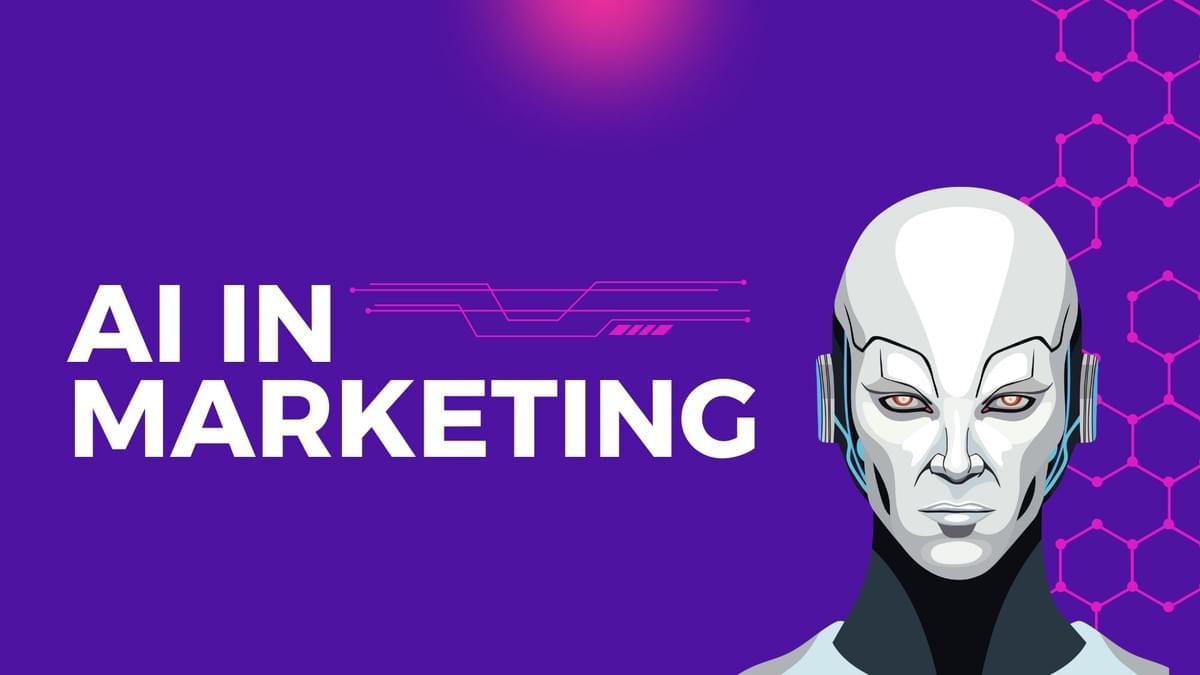AI is changing how AdTech companies operate, and marketing is one of the areas feeling it most. The days of long planning cycles, content bottlenecks, and one-size-fits-all messaging are quickly being replaced with tools that let you move faster, personalize more, and spend smarter.
One of the biggest shifts is in content creation. Generative AI tools now help marketing teams write copy, generate creative variations, and even summarize technical product updates. This doesn’t mean you replace your marketing team. It means they can focus on strategy, positioning, and validation while AI handles first drafts, content outlines, and repackaging for different channels. What used to take a week can now take a day.

For demand generation, AI tools are helping optimize ad spend in real time. Whether you're running campaigns on LinkedIn, Google, or trade media sites, platforms are offering smarter bid strategies, better creative testing, and faster insights. This allows smaller teams to compete more effectively without needing a dedicated performance agency or internal media buyer.
There are still risks. Poorly tuned AI can generate off-brand or inaccurate content. Privacy concerns can arise if you feed sensitive data into third-party systems. And just because something can be automated doesn’t mean it should. Strategy and storytelling still need a human hand.
But for AdTech companies looking to scale with lean teams, AI isn’t optional anymore. It’s becoming part of the marketing stack, just like your CRM, your CMS, and your analytics. The companies that figure out how to use it well will move faster, learn faster, and speak to their customers more effectively.
Sam Khoury
Founder, Cedar Consultants
Creative consulting solutions for Adtech